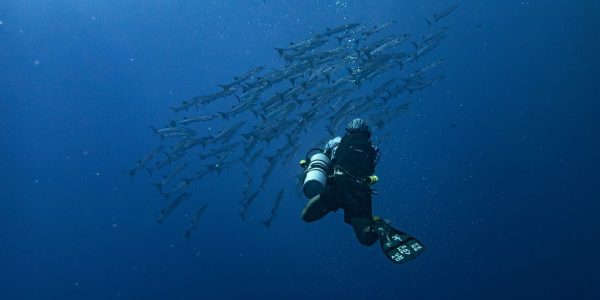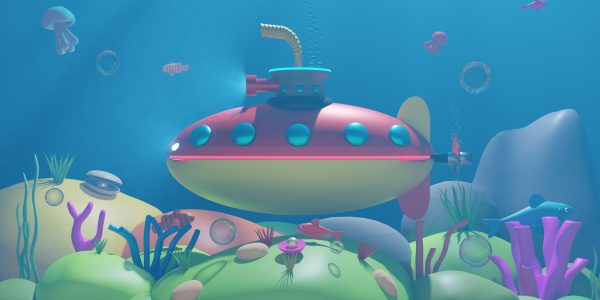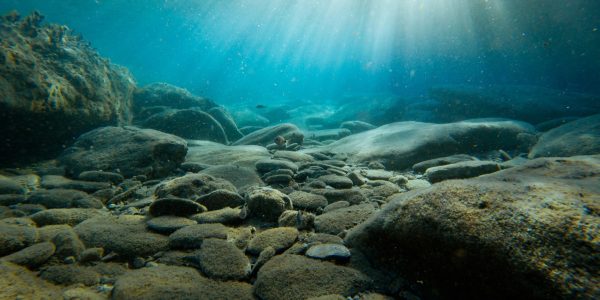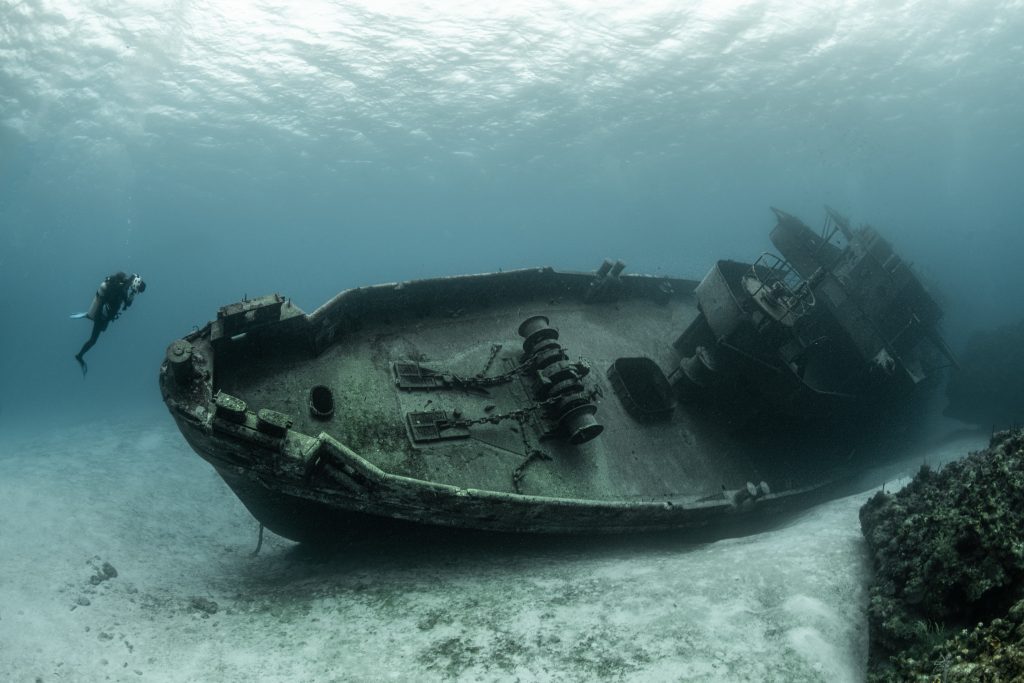Job of ROVs
The seaward oil and gas industry works in the absolute cruelest and most testing conditions on The planet.
The seaward oil and gas industry works in the absolute cruelest and most testing conditions on The planet.
ROVs are furnished with top quality cameras, sensors, sonar situation, and controller arms, permitting them to do a large number of errands, including investigation, support, and, surprisingly, complex development work. Learn more details about rov .
They are regularly sent from surface vessels and associated with the vessel by means of a link known as the umbilical, which communicates power, information, and video takes care of.
Remote Worked Vehicles (ROVs) are automated, somewhat controlled robots intended to work submerged. With oil stages found miles seaward and subsea framework covered far below the sea's surface, it is both exorbitant and complex to direct reviews and upkeep.
ROVs can arrive at these outrageous profundities, where human presence is unfeasible, permitting administrators to securely screen the state of subsea structures without seriously jeopardizing lives.
With regards to seaward oil and gas, ROVs are basic apparatuses for subsea activities, giving constant information and video feeds to administrators on a superficial level while performing undertakings that were once thought to be excessively perilous or challenging for human jumpers.
Subsea reviews are a fundamental piece of keeping up with the trustworthiness of seaward oil and gas framework. Oil rigs, pipelines, subsea wells, and different offices should be routinely observed to guarantee they are protected, functional, and liberated from harm. Get more information about undervannskamera .



One of the greatest difficulties of seaward examinations is the outrageous profundity at which foundation is found. Seaward oil apparatuses and pipelines are much of the time situated in profound waters, some of the time more than 3,000 meters beneath the surface, where conditions are excessively perilous for human jumpers. Get more information about undervannsdrone.
ROVs

Non-horrendous testing is basic in the oil and gas area, as it permits organizations to screen the state of foundation after some time and perform support or fixes before a disappointment happens, staying away from disastrous mishaps and lessening margin time.
ROVs fundamentally work on the security of seaward oil and gas tasks by decreasing the requirement for human jumpers to work at extraordinary profundities and in possibly dangerous circumstances. Already, examinations frequently expected human jumpers to go down to extensive profundities, jeopardizing them of mishaps or decompression disorder.
